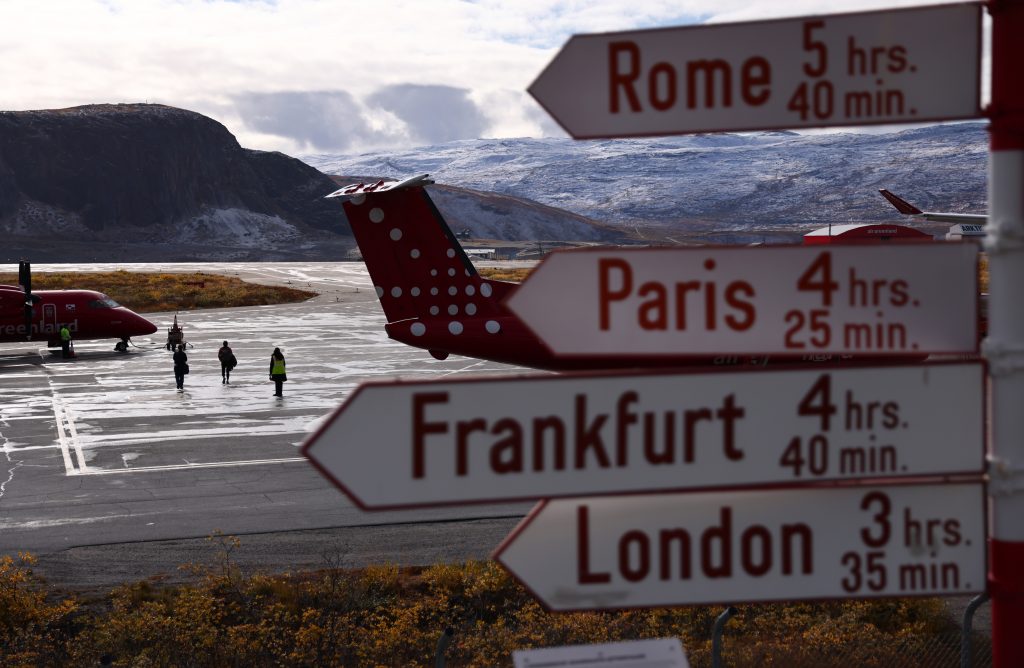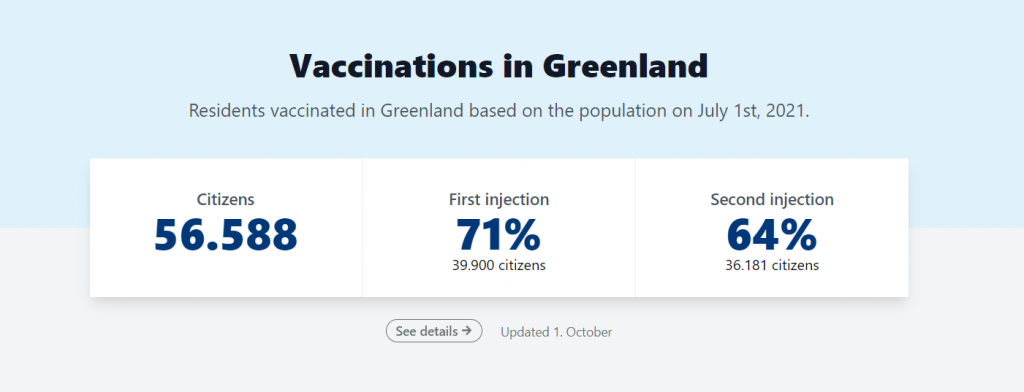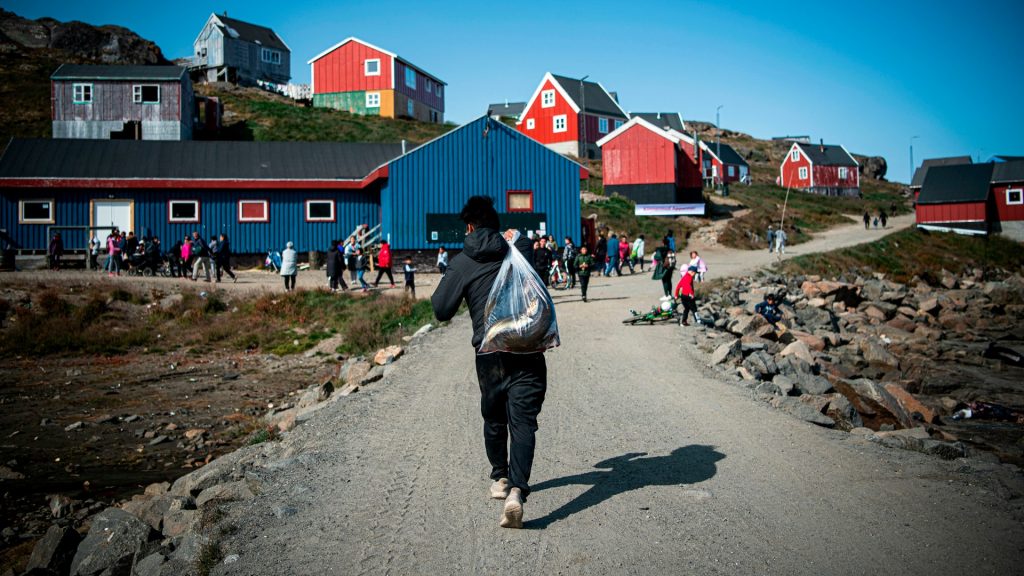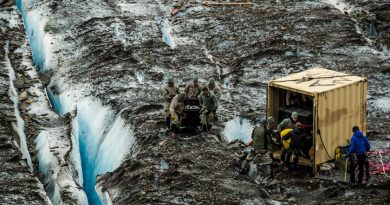Greenland lifts COVID-19 restrictions on direct travel to small communities

As of October 1, Greenland has lifted all restrictions on direct travel to its smaller towns and villages.
The ban has been in effect for over year in an effort to protect the region’s health care system.
The rule required travellers to stay in a major city for five days after arriving in Greenland and receive a negative COVID-19 test before going on to smaller jurisdictions with limited health services and infrastructure.
Also on Friday, the government removed limits on how many passengers airlines were allowed to bring into Greenland per week.
Non-residents of Greenland must still be fully vaccinated to enter the territory.
All other travel requirements are still in effect including:
- a negative PCR test done no more than 72 hours before departure for all passengers over age 2
- complete the government’s COVID-19 Sumut health declaration form before arrival and have proof
- masking on airplanes
Restrictions remain in Nuuk, lifted in Sisimiut
As of September 30, the most recent numbers available from the Greenlandic health authority, there are now 125 active COVID-19 cases.
Sermersooq muncipality, which contains the captial city of Nuuk, has 120 of those cases.
Restrictions in Nuuk limiting access to restaurants, gyms, cinemas and museums to those with proof of vaccination, or who can show a negative test done within the last 48 hours, are still in effect and have been renewed until October 31.

Unvaccinated citizens travelling to Nuuk, or other towns and communities in Greenland, are still required to avoid public places until they’ve received a negative test five-days after arrival, or have observed a 14-day quarantine.
Passengers on September 25 flights being asked to quarantine
On Thursday, the government announced two new COVID-19 infections in the town of Tasiilaq after the individuals arrived from Denmark via Iceland. Their infections were detected on their day five tests.
“Passengers entering Tasiilaq from Iceland and Kulusuk, respectively, have therefore been exposed to infection on three departures,” Greenlandic health authorities said in a statement.

Passengers on the following flights are now being asked to go into home quarantine and get tested on October 5:
- FI103 plane flight at 12.30 from Reykjavik to Kulusuk on 25 September
- GL 1695 helicopter flight at 14.05 from Kulusuk to Tasiilaq on 25 September
- GL 1697 helicopter flight at 14.55 From Kulusuk to Tasiilaq on 25 September
One additional case was also reported in Nuuk on Thursday.
Write to Eilís Quinn at eilis.quinn(at)cbc.ca
Related stories from around the North:
Canada: Vaccination coverage in Nunavik, Quebec reaches 44 per cent of eligible population, Eye on the Arctic
Greenland: Greenland announces COVID-19 reopening plan, Eye on the Arctic
Iceland: Iceland to change COVID-19 border rules on October 1, Eye on the Arctic
United States: Alaska’s North Slope grapples with soaring COVID-19 infection rate, low vaccinations, Alaska Public Media



